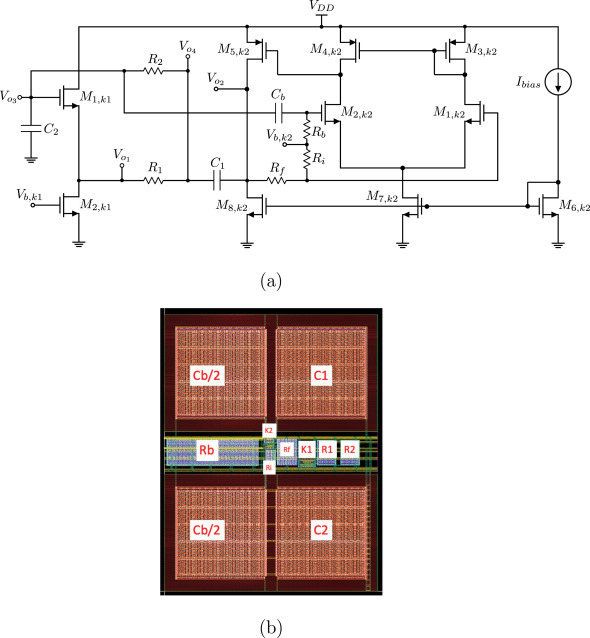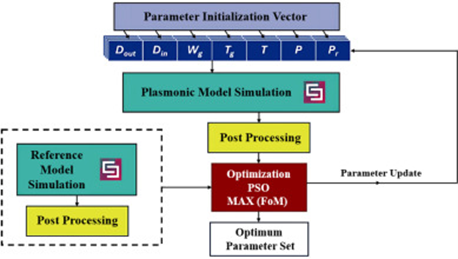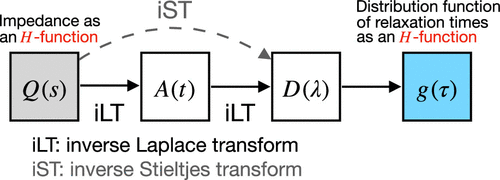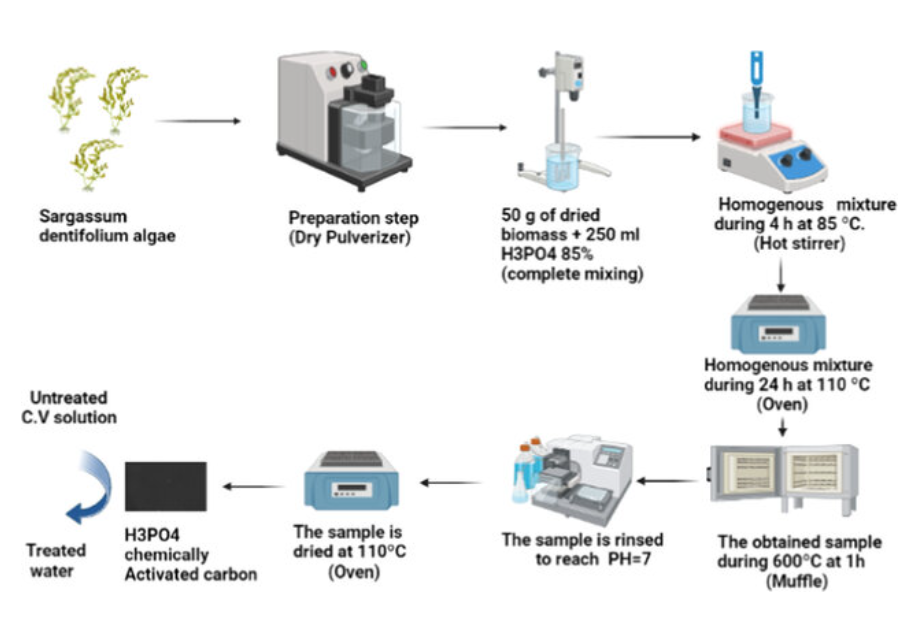
Supercapacitor reciprocity and response to linear current and voltage ramps
The focus in supercapacitor research typically falls into one of two categories: (i) the rational design and engineering of electrode materials and electrolyte formulation to achieve high performance devices at competitive costs, and (ii) the modeling of their resulting behavior in response to constant-current charging/discharging, cyclic voltammetry or impedance spectroscopy. However, less work has been dedicated to new ways for charging these devices. In this work we show that charging a supercapacitor, modeled as a constant phase element with a series resistor, using a linear voltage ramp results in higher stored charge and higher effective capacitance value than when using a linear current ramp. This is despite the reciprocity of the device, as we proved analytically. The theoretical analysis and numerical simulations are in excellent agreement with the experimental results carried out on a commercial supercapacitor. The findings can be viewed as a step towards finding the optimum charging waveforms for these devices that would maximize their effective capacitance. © 2017 Elsevier Ltd




